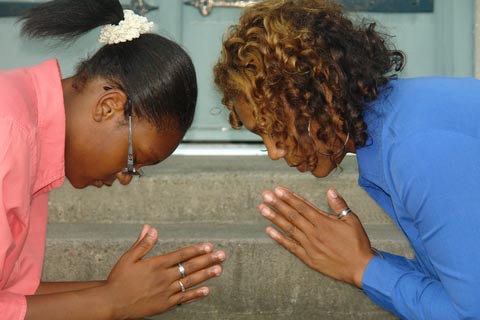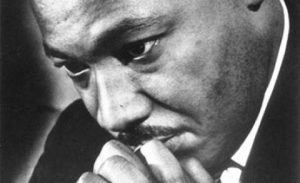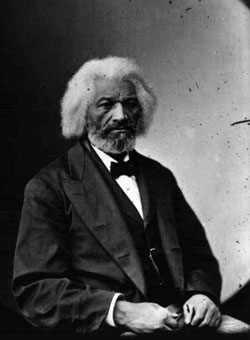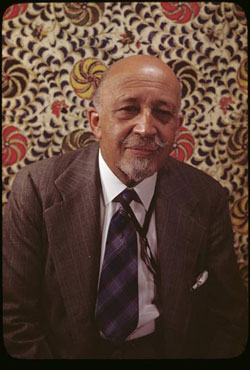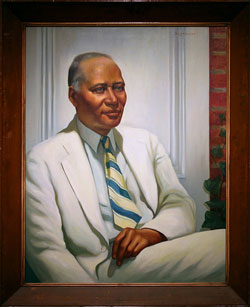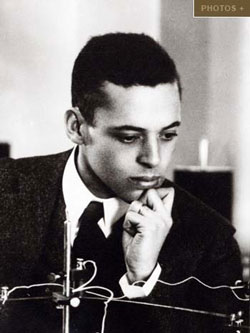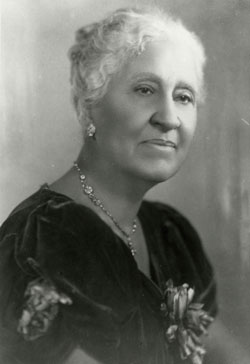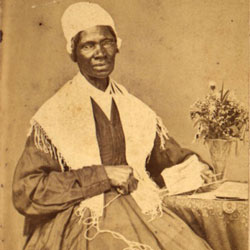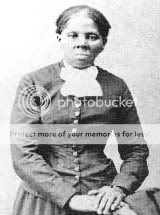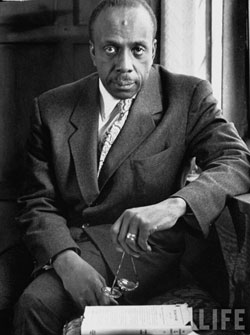BY DESTINI WHITIS
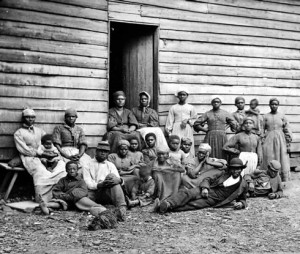
Sometimes life teaches us to learn the differences between what’s real and what we feel. Every day we are given time to get ourselves together and yet as human beings, we often don’t take the time to realize that we all have blessings and it’s up to us to receive them or miss them. When I was younger I had a very different way of seeing things and I soon learned that nothing is good without faith in God. It is He who has the power over everything, without Him there is no us. Thus, it shouldn’t be so hard to take time out of our day and thank the man above for all that he has given and all that He is sending. When I say this I’m not just speaking to the younger generation but the old as well, it’s time for us as a nation to rise up and continue on the path of the people who have lost their lives to make sure that we have freedom and are able to voice our thoughts and opinions.
In this light, with all praises, I would like to thank you Lord, for sending so many angels and messengers to this world we live in now. Thanks to people like Martin Luther King, Jr and Rosa Parks and Sojourner Truth for leading us to an enlightened path not just as African Americans, but as a nation as a whole, to be free of all that divide us, such as racism, human cruelty, poverty, and war that still go on this very day and time. It is so important that we remember that our ancestors went through daily torments and abuse to make sure we can stand tall and say “Yes I can do this!”, and “No I’m not going to move!” or “My children are entitled to the same things and privileges your children have.”
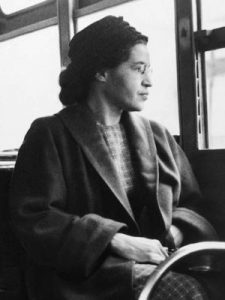
When we look back at the times before us and before our fathers and mothers it still seems like we are going through a repeated cycle of the past in many ways. People seem to have forgotten that just four decades ago we (blacks) had to sit in the back of the bus and were forbidden to go into a bathroom that said “whites only”. The ones who were really hurting got tired of it and decided “enough was enough”. It was a woman named Rosa Parks, who after a long day at work decided that she wasn’t moving to another seat to accommodate some white man that was well able to stand up. She understood that it was a “white only” seat because that’s what the bus driver made it to be; she wasn’t trying to start trouble, she just didn’t feel like she had to move, Rosa was tired of all the disrespect of having to move just because… I commend that woman for the fight she put up for her seat because today people are able to sit wherever they please. It’s just awful she had to be sent to jail because of ignorance that people had back then. I wish at that moment I could have been one of the onlookers of that day so I could have looked in her eyes to see the hurt and strength, or the pain but willingness to fight for her rights.
It’s so remarkable that later on that evening after Rosa Parks was arrested, E.D. Nixon, head of the local chapter of the NAACP, began plans to organize a boycott of Montgomery’s city buses. Ads were placed in local papers and handbills were printed and distributed in black neighborhoods. Members of the African-American community were asked to stay off the buses Monday, December 5th 1955 in protest of Rosa’s arrest. People were encouraged to stay home from work or school, take a cab or walk to work. With most of the African-American community not riding the bus, organizers believed a longer boycott might be successful.
They were right because without the African Americans on those buses, the whites had all the seats to themselves … which really meant that the buses were empty because most of the white citizens owned cars. Dozens of public buses stood idle for months, severely damaging the bus transit company’s finances, so for 381 days while the boycott lasted, the buses did not move. I guess that showed the white community that in some ways, African Americans could be very useful.
When I was little my grandmother use to tell me “baby if I lent you my eyes you couldn’t take the hurt and pain they have seen.” I was like “what does that mean?” And she explained to me, and then she told me never to back down and never give up. Still to this day I fight for what’s right and for people who are unable to fight for themselves.
Sometimes I feel no one remembers the big picture, because we are killing ourselves and each other for senseless reasons. We are destroying our communities with the drugs and poverty, we as a nation won’t even come together and help the homeless and helpless right here in America, and why? Because our tax payers who are in higher places would rather build a mall or golf course; or better yet more prisons for the less fortunate and poor.
I urge everyone to remember the sacrifices of those gone before us and try to be of positive influence. I have researched a few of our Black Leaders and would like to pay homage to them today:
(1929-1968) Civil rights leader, minister and nonviolent activist led the Montgomery Bus Boycott and was a major leader of the Freedom Movement.
(1817-1895) Abolitionist, editor, author, lecturer and the major Black leader of 19th century is often called “The Father of the Civil Rights Movement.”
(1868-1963) Civil rights leader, editor, scholar was co-founder of the NAACP and the chief organizer of the First Pan African Congress of 1919.
(1895-1950) Lawyer and first NAACP special counsel was the architect of the legal campaign that led to the Brown v. Board of Education decision.
- 1. (1883-1941) Scientist and Howard University professor was a leading zoologist and made key contributions in the fields of experimental embryology.
- 2. (1914-1981) Boxer was heavyweight champion longer than any other person. He was a major symbol of Black assertion in the 30s and 40s.
- 3. (1925-1965) Protest leader and Muslim minister championed Black Nationalism and a strong alliance between Africans and African-American.
- 4. (1894-1984) College president, minister, World Council of Churches leader taught Martin Luther King Jr. and served as role model for leaders.
- 5. (1913-1980) Track star won four gold medals at the 1936 Olympics and became an international symbol of racial harmony and the Olympic movement.
(1863-1954) Civil rights leader, co-founder of NAACP and first president of the National Association of Colored Women, which she helped organize.
(1797-1883) Abolitionist, orator and leader of women’s movement lectured widely and fought for the rights of Black settlers on the Western frontier.
(1821-1913) Abolitionist, Union scout and spy, and symbol of Black tradition of heroic women made 19 trips into South and rescued some 300 slaves. Famous quote: “I freed a thousand slaves I could have freed a thousand more if only they knew they were slaves.”
(1900-1981) Preacher, philosopher, mystic developed nonviolent “love ethic” that influenced Martin Luther King Jr. and other leaders.
These are a few of our Freedom fighters who made sacrifices so that we can live in the free society we have today, let’s honor them by stopping the violence and fighting that our nation and the world in general are going through. If you ask me, it’s all foolishness.
Thank you
Join mailing list for updates and monthly newsletters

